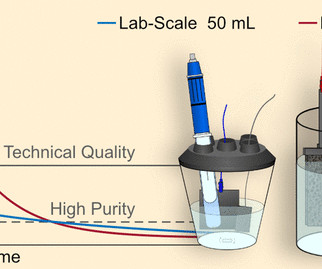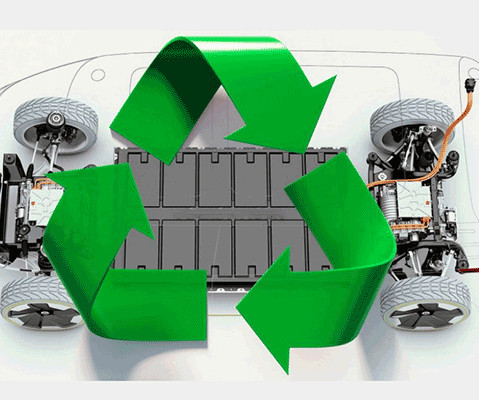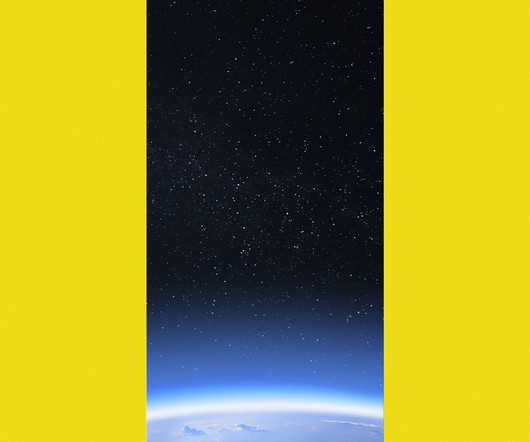Chalmers team develops method to reduce levels of mercury in sulfuric acid
Green Car Congress
JULY 10, 2023
Researchers at Chalmers University of Technology, Sweden, have developed a method that can reduce the levels of mercury in sulfuric acid by more than 90%, even from low levels. It is therefore a worldwide challenge that sulfuric acid often contains one of the most toxic substances: mercury.











Let's personalize your content